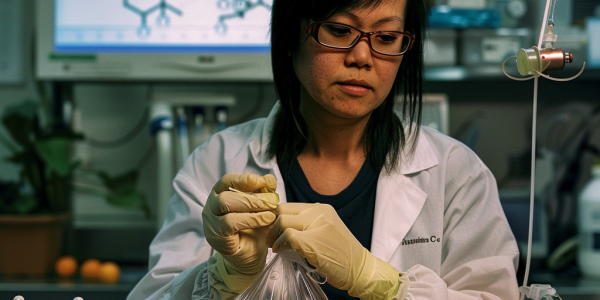University of Iowa Study Reveals High-Dose Vitamin C Doubles Survival Rates for Late-Stage Pancreatic Cancer Patients
A groundbreaking study from the University of Iowa reveals that high-dose intravenous vitamin C therapy could double survival times for late-stage pancreatic cancer patients, increasing their average survival from eight to 16 months. This promising research highlights the potential of vitamin C as a versatile treatment option in oncology, with implications for other cancer types as well.
Researchers Develop Machine Learning Model to Identify Disease Subtypes
Researchers from the Hebrew University of Jerusalem have developed a groundbreaking machine learning model to identify disease subtypes, leading to more precise treatment strategies. The study, published in the Journal of Biomedical Informatics, highlights the importance of distinguishing diseases into distinct subtypes for accurate study and effective treatment. The innovative approach identified 515 disease candidates with previously unannotated subtypes, showcasing the potential of machine learning in expanding our understanding of complex diseases.
Biden Administration Launches Initiative to Address Gap in Medical Research for Older Women
Discover how the Biden administration’s White House Initiative on Women’s Health Research aims to address the lack of focus on older women in medical studies, leading to unanswered questions about serious health issues. Learn more about the importance of prioritizing the health needs of older women and bridging the gap in medical research to improve healthcare practices.
Genomic Data in the All of Us Research Program
The All of Us Research Program is making significant strides in mapping the genetic basis of human disease, with a focus on diversity and inclusion. The latest release includes 245,388 clinical-grade genome sequences, with a high percentage of participants from historically under-represented communities and racial and ethnic minorities. The comprehensive dataset has identified over 1 billion genetic variants, with coding consequences for over 3.9 million, and is publicly available for researchers to access. This diverse dataset is expected to advance the promise of genomic medicine for all.




